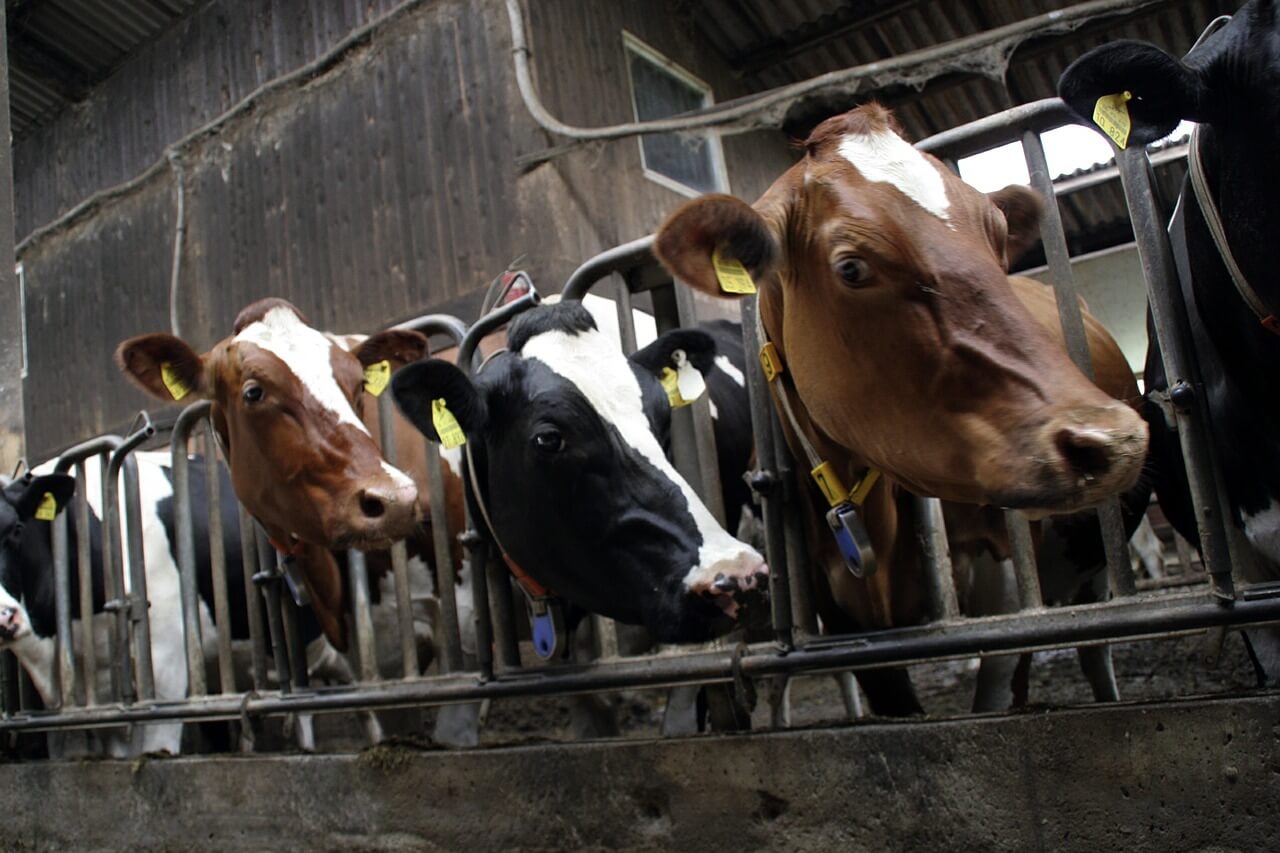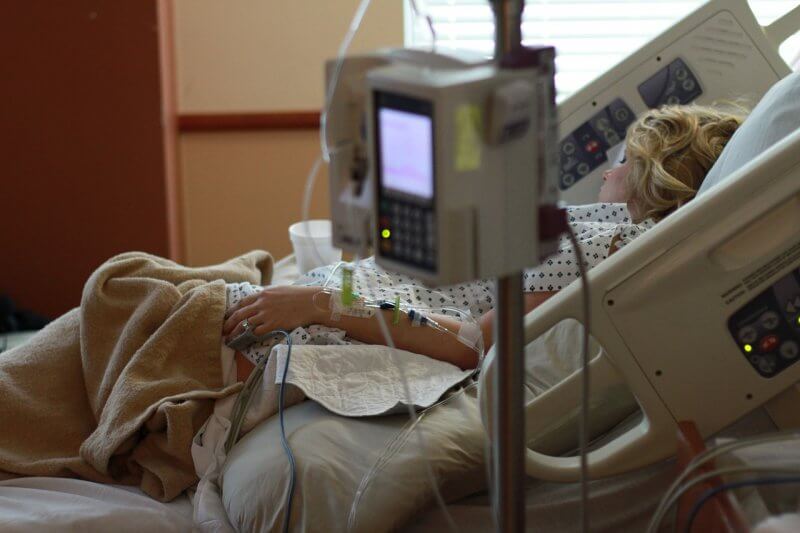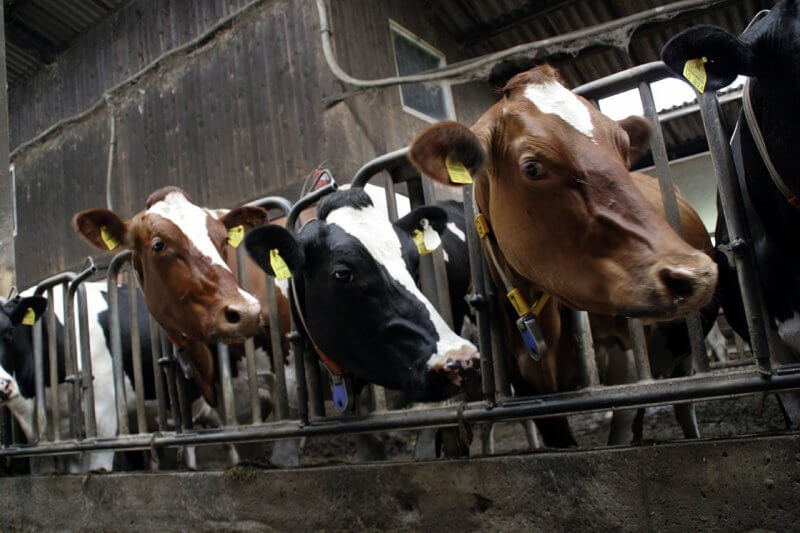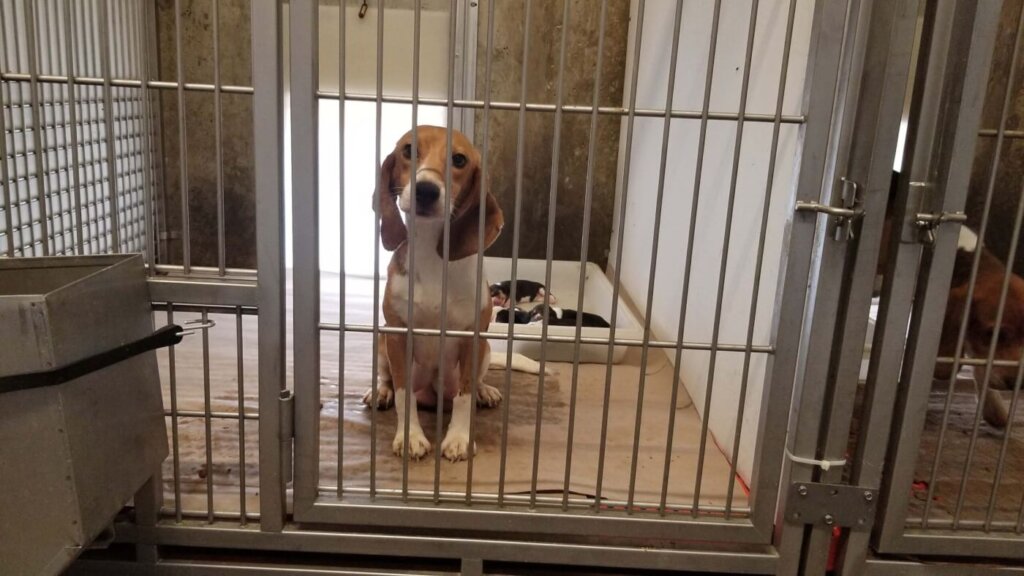
Eat Vegan, Avoid Superbugs
It was reported recently that deadly superbugs (antibiotic-resistant pathogens) are well established in Australian hospitals.
Carbapenem-resistant Enterobacteriaceae (CRE), the family of so-called “nightmare bacteria”, cause pneumonia as well as bloodstream, urinary, and wound infections, thus introducing the risk of untreatable sepsis into what used to be routine surgery.

By 2050, superbugs could kill 10 million people every year if we don’t limit our use of antibiotics.
And most of those antibiotics are fed to farmed animals.
In the 1940s, a biologist discovered that antibiotics make animals grow faster. They’ve routinely been added to animal feed ever since, creating a perfect environment for resistant bacteria to evolve.

One of the last drugs that was still effective against them was colistin, which had not seen much use since the ’50s, because it can be toxic to the kidneys. As an old drug, though, it’s cheap to produce and therefore widely used now in animal agriculture.
In 2013, the first bacterium resistant to colistin was found in a pig in China. Such bacteria are now being found in humans.
As long as cows, pigs, chickens, and other farmed animals are raised in cramped, faeces-filled cages, crates, and sheds – and fed growth-promoting antibiotics – superbugs are likely to cause sickness and death.
Scientists are warning that the use of antibiotics should be banned in animal agriculture, but as long as consumers demand meat, the industry will produce it by the cheapest means possible, with little thought for the long-term consequences.
The best way to slow the spread of superbugs is to choose vegan foods, rather than animal-derived ones.
Fill in this form to order your free vegan starter kit.
Animals Are Suffering in Laboratories – Help Save Them Now


